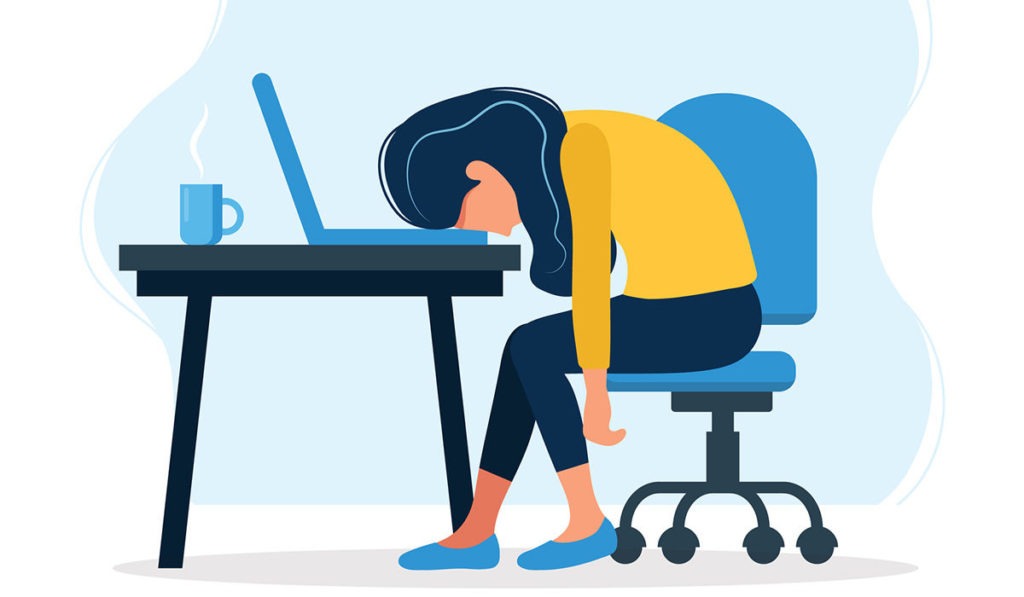From a very young age, we are taught by our parents to strive to be the best, to study hard and get good grades to make them proud. So they limit our free time and have us hunched over desks for hours after school, finishing our homework, and prepping for tests that may be weeks away.
It’s even worse if they sign you up for a sport and make it your life before you’re even adult enough to know what you want in life, adding yet another item to your list of responsibilities.
These kids then grow up fearing failure, thinking the only way to make it is to work and work hard, seeing an excess of free time as a sign of failure, working overtime and over the weekend to make someone proud.
This gave us a generation of burnt out adults, constantly tired, sleep-deprived, and starved for free time.
A quick look through Instagram will have you feeling like a failure who isn’t working hard enough among a sea of successful business owners and those in higher positions than you. Or perhaps with major FOMO from those living their best lives, traveling, eating good food and socializing, leaving you feeling unaccomplished and boring.
Hustle culture made us believe that overworking is not only normal but also encouraged. The more you work, the more you make, but at what cost?
We work to make money, then we spend money to make money. Suddenly, our entire lives revolve around a single material thing, and no matter how much you accumulate, it is never enough. You can still make more, so you continue to work tedious hours, hoping that eventually, you will feel content. Spoiler alert: you never do!
We have become programmed to fit a certain mold, working a 9-5 and arriving home just to sleep, then repeat it all over again. Anything less is looked down upon, and anything outside the mold is seen as questionable and unconventional.
So what does it mean to be burnt out, and how can one recognize its symptoms and work towards preventing it from becoming their normal state?
Among the most common signs of being burnt out is the alienation from work-related activities, coming from viewing your job as stressful and frustrating.
It also comes with physical symptoms such as headaches, stomach aches, or intestinal issues, and it can also lead to emotional exhaustion, making you feel drained and tired.
Seeing how severe burnout can get, it’s important to learn how to prevent it and deal with it, to stop it from impacting your work performance.
Depending on how burned out you feel and how long it has been going on, it may be wise to search for a new position at a new company to spark your creativity and passion for what you’re doing.
If you still feel like you belong in your job, maybe approach the human resources department about workplace problems. You could also develop strategies for managing your stress and finding what works best for you.
If you have vacation days then try to take advantage of them. A change of scenery, even for a short period, may help you gain a new perspective in regards to what really matters. And lastly, you can try to schedule regular work breaks to change up your routine!



